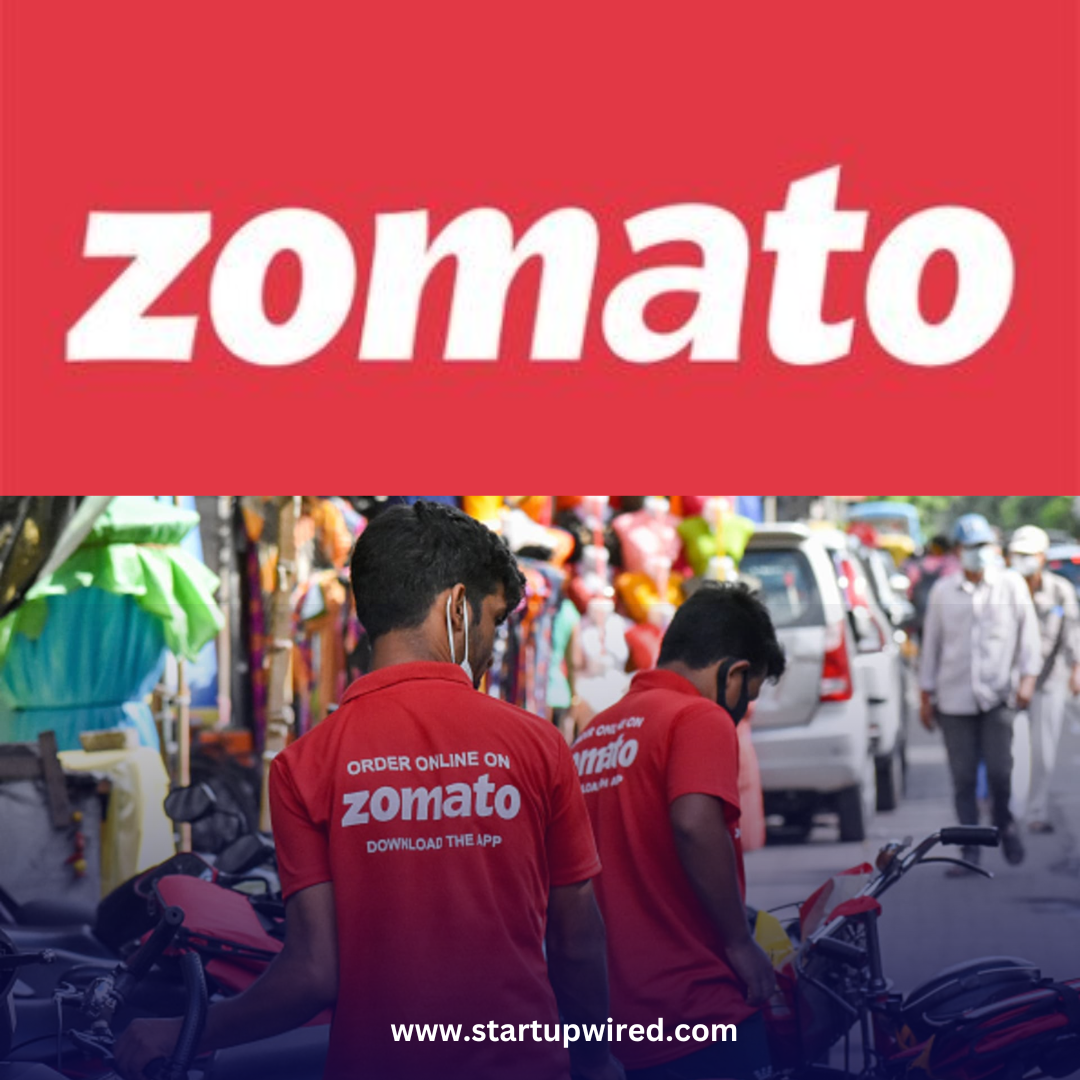Food delivery aggregator Zomato has announced a significant step in its corporate strategy by opening a Qualified Institutional Placement (QIP) offering worth ₹8,500 crore. This marks a crucial phase in the company’s growth trajectory, with notable updates including an attractive floor price and a voluntary salary waiver extension by its CEO. Here is a detailed analysis of the QIP offering, its financial and market implications, and Zomato’s broader strategic goals.
Overview of the QIP Offering
Zomato’s QIP aims to raise ₹8,500 crore by issuing equity shares to qualified institutional investors. The floor price has been set at ₹265.91 per equity share, providing a clear benchmark for the offering. Additionally, the company has proposed an indicative price of ₹252.62 per share, representing a 7.6% discount from the previous closing market price of ₹272.9 per share.
The QIP involves a 3.8% equity stake, equivalent to 33.65 crore shares, being made available to institutional investors. This move signals Zomato’s intention to strengthen its capital base while aligning its market pricing to encourage broad investor participation.
Key Financial Metrics and Market Implications
Pricing Strategy
The offering price has been carefully set to attract institutional investors while balancing the potential dilution of existing equity. The discount of 7.6% from the market price reflects Zomato’s strategy to incentivize institutional participation, ensuring a successful fundraising round. At ₹252.62 per share, the placement represents a substantial commitment to expanding its investor base.
Equity Dilution
The issuance of 33.65 crore shares will lead to equity dilution, impacting existing shareholders. However, the anticipated influx of ₹8,500 crore will significantly enhance the company’s financial stability and provide funds for its expansion plans. This balance between dilution and growth-oriented fundraising is a critical focus for Zomato.
Market Reaction
The announcement of the QIP has elicited mixed reactions in the market. While some investors are concerned about short-term dilution effects, others view the move as a long-term growth opportunity. The discount offered is expected to generate substantial interest from institutional investors, which could stabilize the stock price after the QIP concludes.
Voluntary Salary Waiver by CEO
In a parallel development, Zomato CEO Deepinder Goyal has voluntarily extended his salary waiver of ₹3.5 crore until the end of FY26. This decision demonstrates strong leadership and a commitment to the company’s financial health during a transformative period.
Impact of the Salary Waiver
- Cost Savings: While the immediate financial impact of the waiver is modest in comparison to the QIP size, it symbolizes prudent financial management at the leadership level.
- Market Sentiment: Goyal’s gesture resonates positively with investors, reflecting his confidence in Zomato’s long-term strategy.
- Corporate Governance: The extension of the waiver highlights Zomato’s emphasis on aligning leadership goals with shareholder interests.
Strategic Goals Behind the QIP
Zomato’s QIP aligns with its broader strategic objectives of scaling operations, improving profitability, and enhancing its competitive edge in the food delivery market. The funds raised are expected to be channeled toward the following initiatives:
1. Geographic Expansion
Zomato plans to leverage the funds to expand its footprint in both domestic and international markets. Increasing presence in tier-2 and tier-3 cities in India and penetrating new overseas markets are likely priorities.
2. Technology and Infrastructure Development
The food delivery space is heavily reliant on technology for seamless operations. A portion of the funds will likely be allocated to upgrading logistics systems, improving app functionality, and integrating advanced data analytics to optimize delivery processes.
3. Acquisitions and Partnerships
Zomato has been actively exploring partnerships and acquisitions to diversify its offerings. Funds raised from the QIP could fuel strategic acquisitions, enabling the company to expand into complementary business areas such as grocery delivery or cloud kitchens.
4. Debt Reduction and Financial Strengthening
Reducing existing liabilities will help Zomato improve its balance sheet, making it more attractive to investors. Strengthening financial reserves also equips the company to weather market uncertainties.
Broader Implications for the Food Delivery Industry
1. Competitive Landscape
Zomato’s aggressive capital-raising effort underscores its commitment to staying ahead of competitors like Swiggy and global players such as Uber Eats. By enhancing its capital reserves, Zomato positions itself to outpace rivals in technology, logistics, and customer acquisition.
2. Industry Consolidation
The QIP also signals Zomato’s potential interest in consolidating the fragmented food delivery market. Acquiring smaller players or forging alliances could enhance Zomato’s market share and operational efficiency.
3. Investor Confidence in Food Tech
Zomato’s ability to attract substantial institutional investment highlights the growing investor confidence in the food delivery sector. The QIP’s success could inspire other food tech companies to pursue similar fundraising strategies.
Challenges and Risks
While the QIP represents a bold move, several challenges must be addressed to ensure its success:
1. Equity Dilution
Existing shareholders may experience reduced ownership percentages, which could impact their short-term returns. Zomato must deliver on its growth promises to justify the dilution.
2. Market Volatility
Given the volatile nature of the stock market, Zomato’s share price may experience fluctuations during and after the QIP. Clear communication with investors will be essential to manage market expectations.
3. Execution Risks
Deploying ₹8,500 crore effectively will require meticulous planning and execution. Missteps in fund utilization could undermine investor confidence and delay the anticipated benefits of the QIP.
Conclusion
Zomato’s ₹8,500 crore QIP offering is a pivotal moment in the company’s journey. By aligning its pricing strategy to attract institutional investors and extending its CEO’s salary waiver, Zomato demonstrates strong leadership and a clear vision for the future. The funds raised will enable the company to scale operations, invest in technology, and explore strategic acquisitions.
As the food delivery industry continues to evolve, Zomato’s ambitious move reflects its determination to remain a dominant player in a highly competitive market. While challenges such as equity dilution and market volatility persist, the long-term benefits of the QIP could outweigh the risks, paving the way for sustained growth and profitability.
